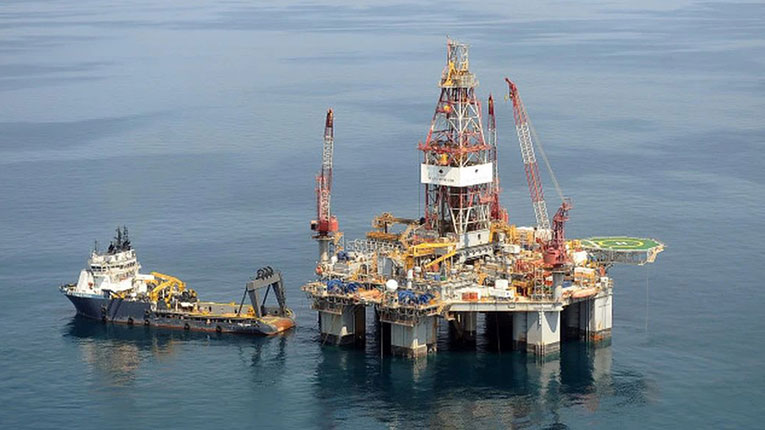The price of natural gas to the final consumer will not fall below the current price, and the state is the main winner of the Offshore law, ”benefiting from about 78% of gains”, says Dumitru Chisăliță, president of the Intelligent Energy Association (AEI). Most likely, the law will be amended, as there are many inaccuracies compared to the current market levels, Dumitru Chisăliță told Energynomics.
“I did not get how that 60 or 64% that was calculated, in favor of the Romanian state. I failed to reach these figures, I reached 78%. I’ve summed up all the potential gains. Of course, everything is relative – I calculated at average costs, but we don’t know what the real costs are there,” Dumitru Chisăliță told Energynomics.
The new bill submitted to Parliament on Friday comes with a number of obvious improvements for investors, so although the additional income will be taxed, the new definition shows that “additional income means the difference between the weighted average price of natural gas sold from domestic production in deep offshore and/or onshore perimeters, from which the costs of transport, distribution, storage and other logistical costs are deducted insofar as they are borne by the holder of the oil agreement, and the price of 85 lei/ MWh, multiplied by the gas volumes sold from our own domestic production offshore.” Under the old law, the limit was 45.71 lei/MWh, which now reaches 85 lei/MWh.
Where does this 85 lei/MWh come from?
“I don’t know where, from my point of view, that scheme has no relevance, today there are other prices in the market,” he added.
“The law will either be amended or we will look at the fields for another five years and brag that Romania is rich in resources. We were expecting some official positions,” he added.
“I was surprised to find that the over-taxation of the price of natural gas shows the same graph as in the Offshore law made in 2018. Today the price of natural gas traded on BRM was of 542 lei/MWh, and the average price of gas from domestic production is of about 254 lei/MWh. Forecasts show that prices will at least double every decade. And then, why put in a law gas prices from 85 – 145 lei/MWh, prices that will probably never exist again in Romania?,” said Chisăliță.
“The second surprise was related to the divergence between Romania’s great desire to reduce its dependence on imports and the fact that ‘the maximum limit on the deduction of investments in the upstream segment cannot exceed 40% of the total additional income tax.’ Cutting dependence is done via increasing investments in new production capacities and not by blocking them by imposing limits,” the analyst claims.
“The third surprise was that “the amounts owed by the holders of offshore and deep onshore oil agreements as additional income tax” will be used to finance “the establishment and expansion of natural gas distribution networks and system connections in the national natural gas transmission system”. That is, not even financing smart gas distribution networks. We simply build gas networks like the ones from 1914 (when the first distribution system was built), we’ll build just pipelines. Many of them will probably be empty, as are many of those built in recent years. These pipes will not only be empty, but will increase the price of gas because they bring expenses, but not revenues, and then the expenses must be paid by those who consume gas, by increasing tariffs. If this money would have been producing the reduction of energy losses in the houses where it is desired to introduce gas then it would have been possible to discuss the consumption of gas that can be paid. The construction of new distribution networks should only be done after a careful feasibility analysis and pre-contracting of natural gas that should be delivered to consumers. The priorities for spending such a fund should be focused on investments in efficiency, increasing the number of electricity consumers, the use of renewable equipment individually (heat pumps, solar panels, etc.) and collectively (geothermal energy, energy use deep heat, biomethane and hydrogen networks, SMR),” added the AEI expert.

